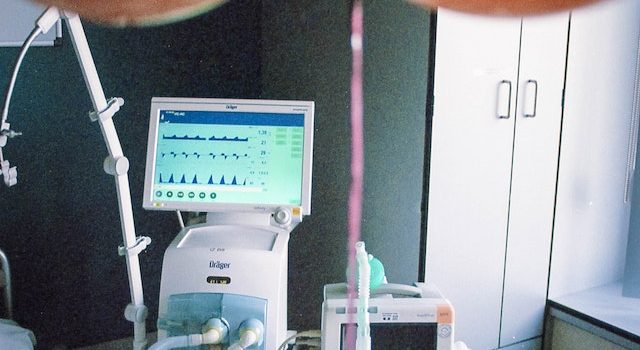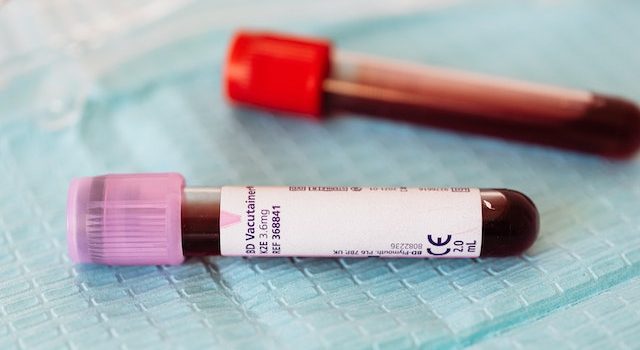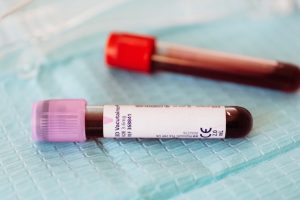
Introduction
Embark on a fascinating journey into the depths of human biology with Dr. Mehmet Oz as we delve into the captivating world of telomeres and their connection to the aging process.
Telomeres Decoded: Guardians of Chromosomal Integrity
In this illuminating section, Dr. Oz demystifies the science of telomeres, the protective caps at the end of our chromosomes. Learn how they safeguard our genetic information and play a vital role in cellular health.
The Clock Inside Us: Telomeres and the Aging Process
Discover the intricacies of the “telomere clock” as Dr. Oz explains how telomere length is intertwined with the passage of time. Explore the implications of shortened telomeres on cellular aging and overall health.
Unraveling Telomerase: The Enzyme of Longevity?
Dive into the fascinating world of telomerase, the enzyme responsible for maintaining telomere length. Dr. Oz examines its potential as a fountain of youth, exploring ongoing research and its impact on extending lifespan.

The Telomere-Lifestyle Connection: Can We Influence Aging?
Join Dr. Oz as we explore the dynamic relationship between lifestyle choices and telomere health. Uncover how factors like stress, diet, exercise, and sleep can influence telomere length and potentially impact longevity.
The Quest for Immortality: Telomeres and Beyond
In this thought-provoking section, Dr. Oz delves into the age-old quest for immortality and how telomeres play a role in this pursuit. Explore the ethical considerations and the potential of telomere manipulation in the future.
Lessons from Nature: Secrets of Long-Lived Species
Discover the lessons nature holds for us as we examine the relationship between telomeres and longevity in various species. Dr. Oz explores the animal kingdom to uncover insights that could reshape our understanding of aging.
Unveiling the Telomere’s Potential: A Glimpse into the Future
| Telomere Insights | Future Possibilities |
|---|---|
| Telomere Function | Understanding the role of telomeres in aging |
| Telomere Length and Aging | Exploring the relationship between telomeres and time |
| Telomerase and Longevity | Investigating the enzyme’s potential for lifespan |
| Lifestyle and Telomere Health | Examining the impact of choices on telomeres |
| Ethical Considerations | Delving into the ethical implications of telomere manipulation |
| Nature’s Longevity Lessons | Learning from long-lived species for human health |
Unlock the mysteries of telomeres with Dr. Oz, as we journey into the microscopic world that holds the key to understanding aging and possibly extending the human lifespan. Delve into the realm of science, ethics, and possibility, and discover how these chromosomal guardians could shape the future of longevity.

























